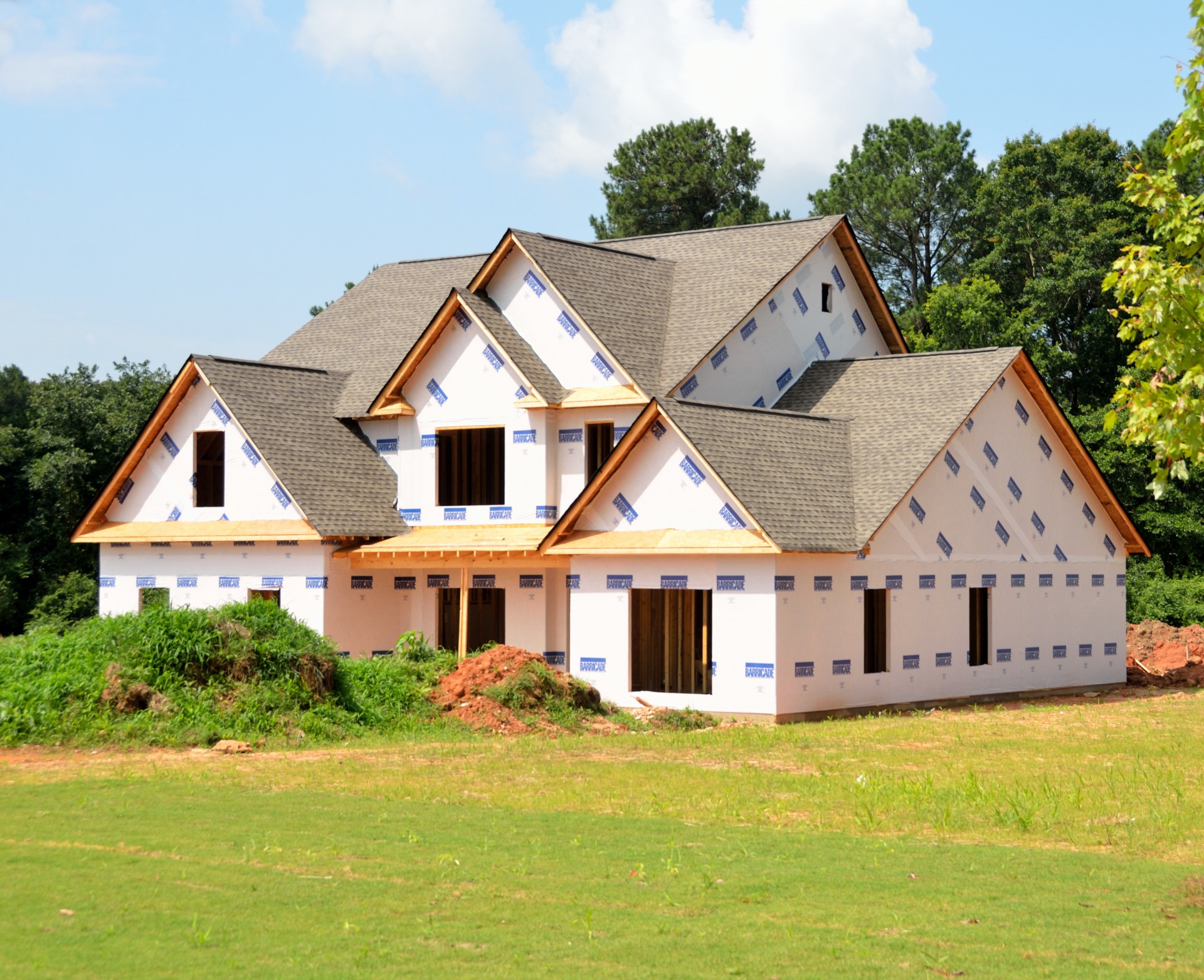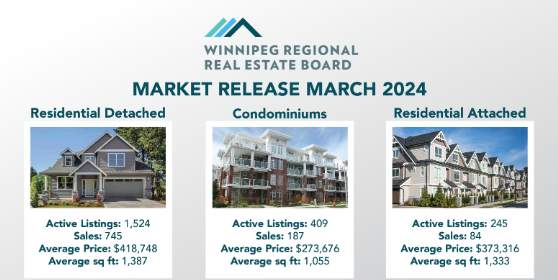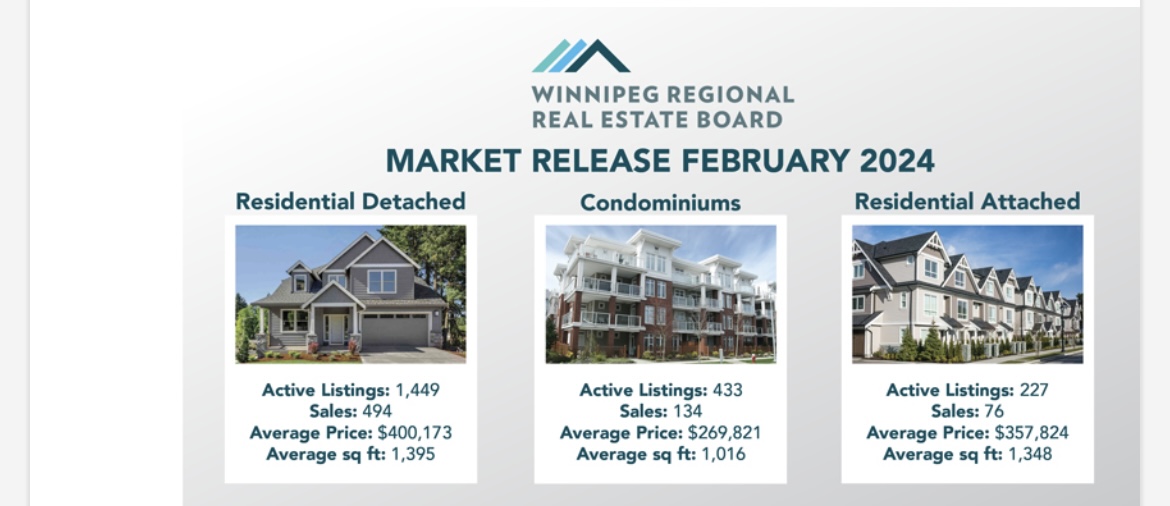Choosing Between a New or Older Home: A Comprehensive Guide
Introduction:
When contemplating the significant decision of purchasing a home, one of the major questions that arise is whether to opt for a new property or an older house.
This crucial decision involves considering various factors that align with individual preferences, financial considerations, and long-term plans. In this comprehensive guide, we will delve into key aspects to help you make an informed choice that aligns with both your lifestyle and financial goals.
Key Questions to Ask:
Before deciding between a new or old home, it's essential to answer the following. questions to streamline your thoughts and preferences:
- What exactly do I want in a home?
- What is my budget for the property?
- How soon do I need to move into my new home?
- What is my preferred location for the property?
Old Homes: Pros and Cons
Pros:
- Move-in Ready: Older homes often offer immediate move-in options, allowing you to inspect the property before deciding.
- Established Neighborhood: Older homes are typically situated in well-established neighborhoods with amenities like parks, grocery stores, and a sense of community.
- Affordable Renovation: Purchasing an older home at a reasonable price provides room for affordable renovations, potentially resulting in a property that suits your taste.
- Higher Resale Value: Older homes in sought-after neighborhoods, even with minimal upgrades, can appreciate significantly, making them a viable option for investment.
Cons:
- Structural and Mechanical Issues: Older homes may have ongoing maintenance issues and unforeseen repairs related to structural, plumbing, electrical, and foundation problems.
- Renovation Costs: Renovating an older home can be expensive, time-consuming, and may require approvals to comply with safety codes.
- Less Energy Efficiency: Older homes may not meet today's energy efficiency standards, leading to higher operating costs.
New Homes: Pros and Cons
Pros:
- Custom Finishes: Buying a new home in the pre-construction phase allows for customization of finishes and features, although this may come with additional costs and limitations.
- Warranty Coverage: Many new builds come with warranties, providing coverage for certain defects or issues that may arise in the initial years.
- Lower Maintenance: New homes generally require less maintenance as everything is brand new, provided the builders have a good reputation.
- Energy Efficiency: New builds are constructed to code and often include higher efficiency units, resulting in lower operating costs.
Cons:
- Construction Delays and Cost Overruns: Delays in construction and unexpected cost increases can be frustrating, potentially impacting your move-in timeline and budget.
- Slow Appreciation of Value: Similar properties in new developments may take time to grow in value compared to older homes in established neighborhoods.
- Higher Initial Cost: New homes are typically more expensive and renting them out may be challenging due to higher purchase prices.
- Unestablished Neighborhoods: New areas may take time to develop amenities such as bus routes, larger grocery stores, and schools.
Additional Considerations:
Regardless of a home's age, the location remains crucial, as a new home in a less desirable area may not appreciate as quickly as an older home in a sought-after neighborhood. Consider your financial capacity, ensuring that you purchase a home comfortably within your means.
Conclusion:
In conclusion, the decision to buy an old or new home hinges on individual preferences, financial considerations, and long-term plans. Each option has its merits and drawbacks, and the key is to assess your values, investment of time, energy, and financial resources to make a decision that aligns with your unique circumstances.



